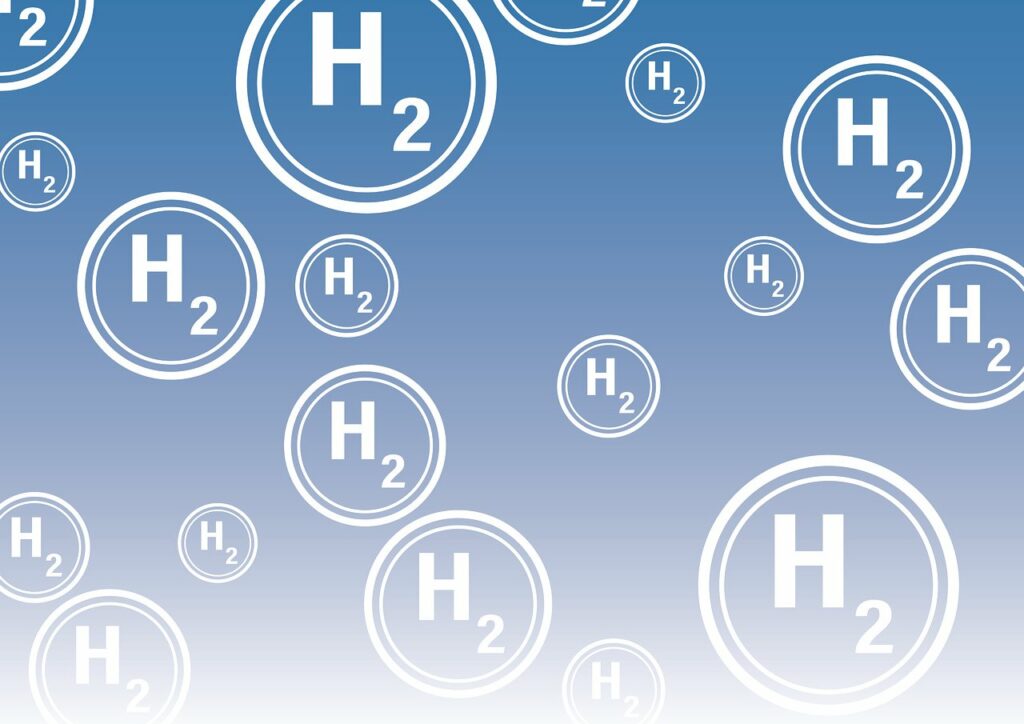Volkswagen (VW) is spearheading a groundbreaking project to produce green hydrogen for Europe’s largest light metal foundry in Baunatal, Germany.
By integrating renewable energy sources and innovative technology, VW aims to revolutionize aluminum smelting while advancing its ambitious carbon-neutral targets.
VW’s initiative aligns with its broader commitment to achieving carbon neutrality by 2040. The project’s primary goal is to transition the foundry’s energy source from conventional gas to green hydrogen, thereby reducing carbon emissions associated with aluminum production. This endeavor represents a pioneering step towards sustainable manufacturing practices within the automotive industry.
Central to the project is the deployment of cutting-edge technology for hydrogen production and utilization. VW plans to generate electricity on-site using photovoltaic systems and vertical wind turbines, powering an electrolyzer to produce hydrogen from water. This hydrogen will replace a significant portion of the gas traditionally used in aluminum smelting, offering a cleaner and more efficient alternative.
The adoption of green hydrogen in aluminum smelting holds immense potential for environmental and industrial advancements. By leveraging hydrogen’s unique properties, such as its ability to produce an open flame, VW aims to enhance the efficiency and sustainability of the smelting process. Moreover, the project sets a precedent for other industries to explore similar initiatives, driving broader adoption of green hydrogen technology.
VW’s green hydrogen initiative in Baunatal serves as a beacon of progress in the transition towards sustainable manufacturing practices. As the automotive industry continues to embrace renewable energy solutions, projects like this will play a crucial role in reducing carbon emissions and fostering environmental stewardship. By pioneering innovative approaches to energy usage, VW sets a precedent for a greener, more sustainable future.
